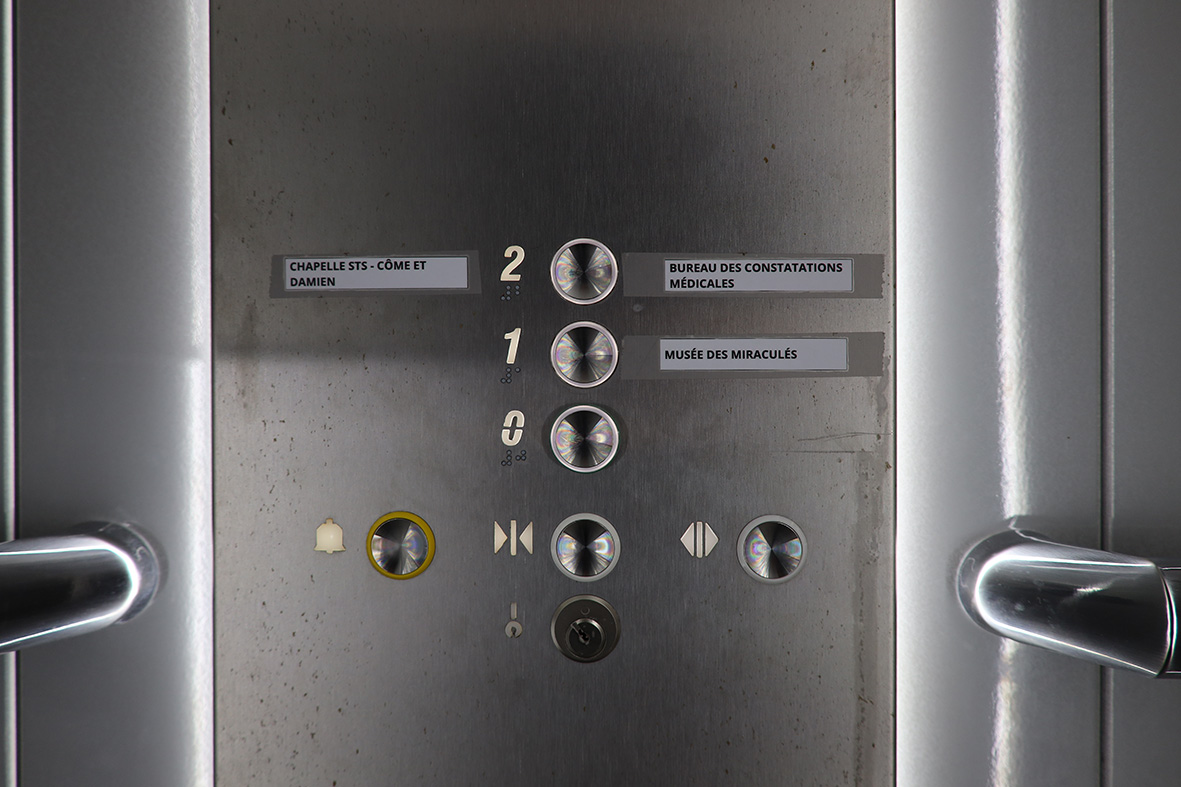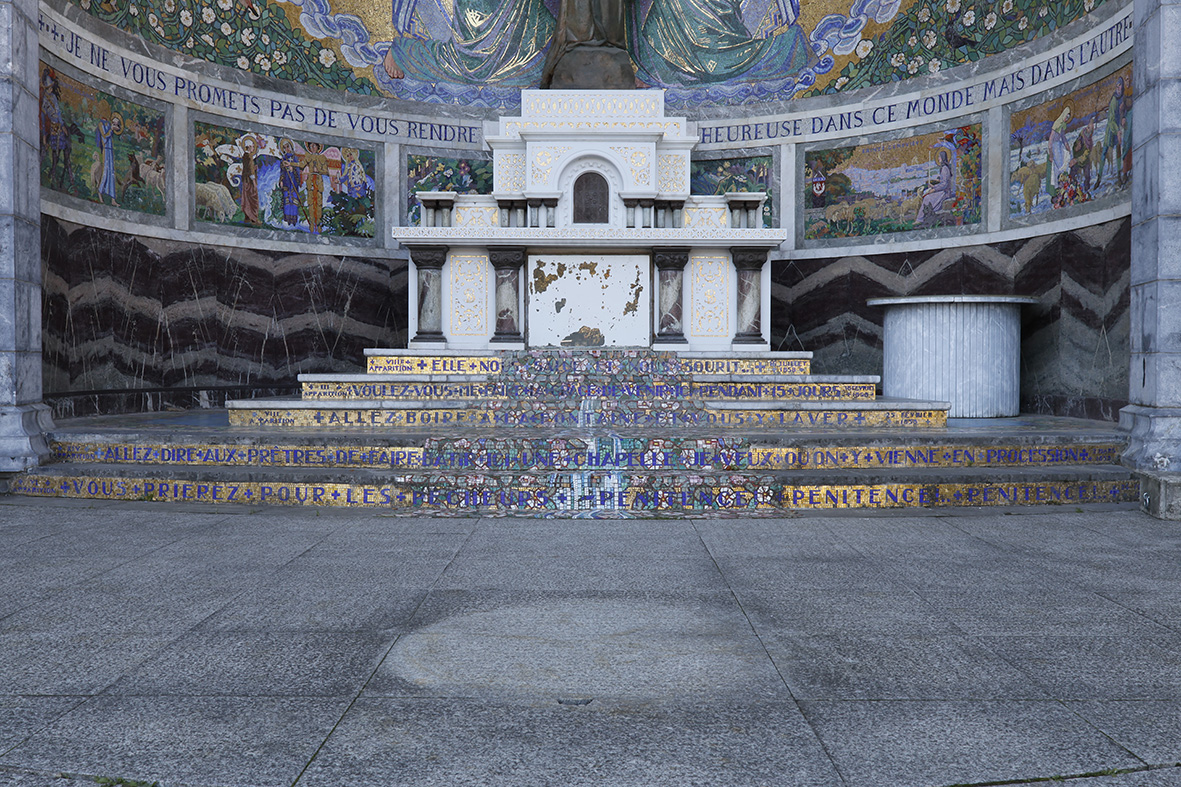Every year, millions of people come to the pilgrimage site of Lourdes in the south of France, hoping to be healed by the water.
Paradise Water depicts the atmosphere in Lourdes as pilgrims begin to
return after the Covid-19 pandemic lockdown. Water is filled in cans to
be taken home to loved ones who are ill. Since expensive healthcare
not always is an option, belief in the healing power of water is
a possible way out.
The longing for health, peace and a better future is mixed with
everyday problems such as disturbing neighbors or difficulty finding a
lawyer. The film reflects the anxiety of our time and the need for
something to gather around, and the hope that everything will soon get
better.
Credits
Manus, Camera, Edit - Debora Elgeholm
Music: Quartermaster
Voice over recording engineer: Charles Eggers/Axis Mundi Production
Audio Mixing, Color Grading: Yaser Kassab/Zenloop Productions AB
Translation: Johanna Gondouin, Baptiste Geusnon
Voice Over: Johanna Gondouin, Baptiste Guesnon, Gunilla Keith-Boddros, Dominique Lecape, Joanna Lombard
With support from The Swedish Arts Gants Commité, Transit Kulturinkubator, Helge Ax:son Johnsons stiftelse.
|



